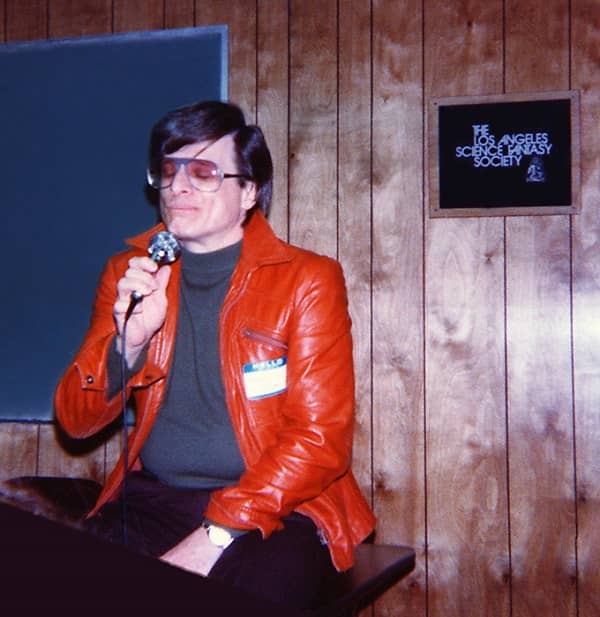Thomas M. Disch: Love and Nonexistence
 |
 |
334 by Thomas M. Disch (Avon, October 1974). Cover artist unknown
In the last page of Thomas M. Disch’s novel 334, the family matriarch, Mrs. Hansen, has finished explaining why she should have the right to die. “I’ve made sense, haven’t I? I’ve been rational?” she asks her unseen auditor, a civil servant taking an application. “They’re all good reasons, every one of them. I checked them in your little book.” She has indeed given reasons why her life is no longer worth living, with disconcerting thoroughness, and makes clear that if her application is turned down, she will appeal. “I dream about it. And I think about it. And it’s what I want.”
What is remarkable about this scene is not the defense of suicide (which does not take place in the text — the book ends with Mrs. Hansen’s summation), but an articulated yearning for nonexistence. The three elements of this nexus — the voiced eloquence, the fiercely focused desire, and the prospect of nothingness — constitute three compass points of Disch’s art. There is a fourth, always present but harder to see, which we will come to in a moment. For now, let us consider these elements, vividly present throughout Disch’s fiction and widely remarked upon, but also widely misunderstood, especially in the SF genre, where he began his career and which he never fully left.
